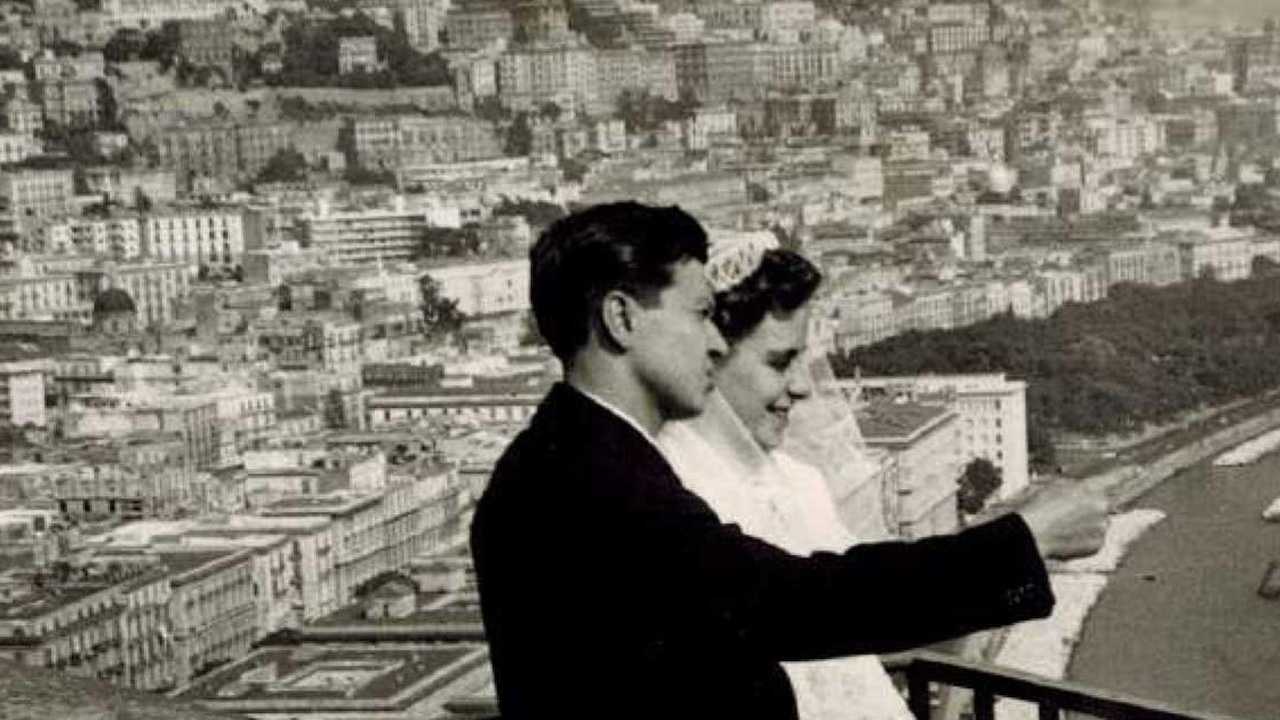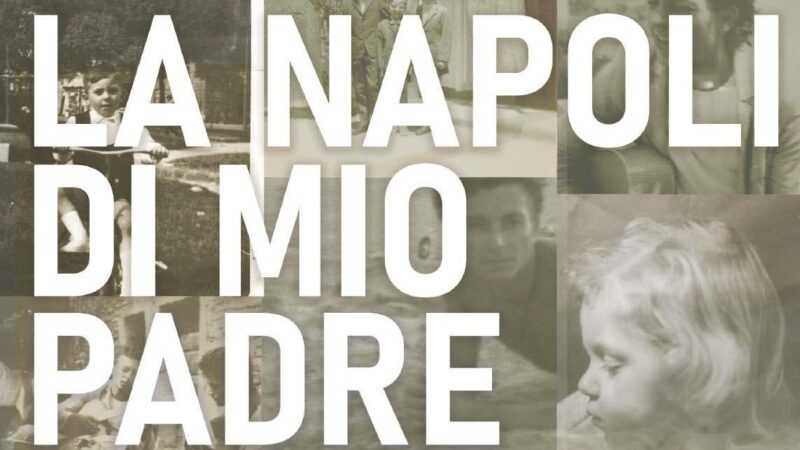My father’s Naples is a twenty-minute documentary that, through archive images and a dry narration, takes us back in time to when the greatest cities were one big family
ORIGINAL TITLE: My father’s Naples. KIND: Documentary. NATION: Italy. FILM DIRECTOR: Alessia Bottone. NARRATORS: Giuseppe Bottone, Valentina Bellè. time: 20 min. PRODUCED BY: Alessia Bottone, Aamod Archive, Istituto Luce Cinecittà, K-Studio. EXIT: 2020.
Since childhood the director, Alessia Bottone, he admired his father looking out the window, wondering what was able to attract his attention so intensely. The answer was given to her by Giuseppe, who from an early age had wanted to get lost traveling, and in those moments he did it with his mind. Looking at the horizon in the same way that one observes a desire, Joseph found the freedom that life sometimes tends to compress.
The premise of my father’s La Napoli is undoubtedly simple, where the surrender is very powerful. Through archive images, we retrieve the memory of a metropolis that was now fully alive not so long ago on a human scale.
Travel and stay | Review My father’s Naples
The film moves together with a child who, as he grows up, discovers ever more distant horizons, sometimes too far away. Giuseppe, narrator, describes his Naples and his childhood concentrated in quartiere VICARIA, among the emigrants who crowded the station, Nanninella, Don Mario and his friend Napoleone with whom he explored the city with two taralli in his pockets and many dreams in his head.
Then things change, the parents move to a more affluent neighborhood, Giuseppe’s world becomes more extensive until he no longer represents him. Giuseppe travels, escapes, but the memory of his hometown remains, however far he may be.
Migrants of yesterday and today | Review My father’s Naples
Giuseppe’s story focuses on the theme of escape even in a more pragmatic sense. Remember the Italian emigrants to America. The confrontation is merciless with current migrants, who seek their fortune in Europe from the shores of Africa. The fear of the unknown unites the Italian emigrants of the last century with the cardboard suitcase, to the migrants aboard the boats of today.

While the train devours the rails kilometer after kilometer, Alessia manages to understand what her father was thinking and what he saw when he looked out the window: his memories. The return to Naples therefore turns into an opportunity to tell the journey of a lifetime and learn about one’s origins.
The need for roots
We close this review of my father’s La Napoli with one consideration: however far we can go, we always go back to where it all began.
The idea of the film stems from two needs: on the one hand, the need to tell, in a story, the relationship between father and daughter; on the other hand, the desire to focus on the theme of flight, understood by reality but also as a means of survival for migrants and asylum seekers.
From a stylistic point of view, the archive images shape the journey into the past, while those of modern rescues at sea accompany the viewer in a bloody and inevitable dimension. These are the words of the director:
The search for images and their study, which went hand in hand with the reconstruction of memories, made the making of this film the very journey I wanted to tell.
Traveling to the origin
Points in favor
- The comparison between today and yesterday
- The archive images
- The dry narrative















